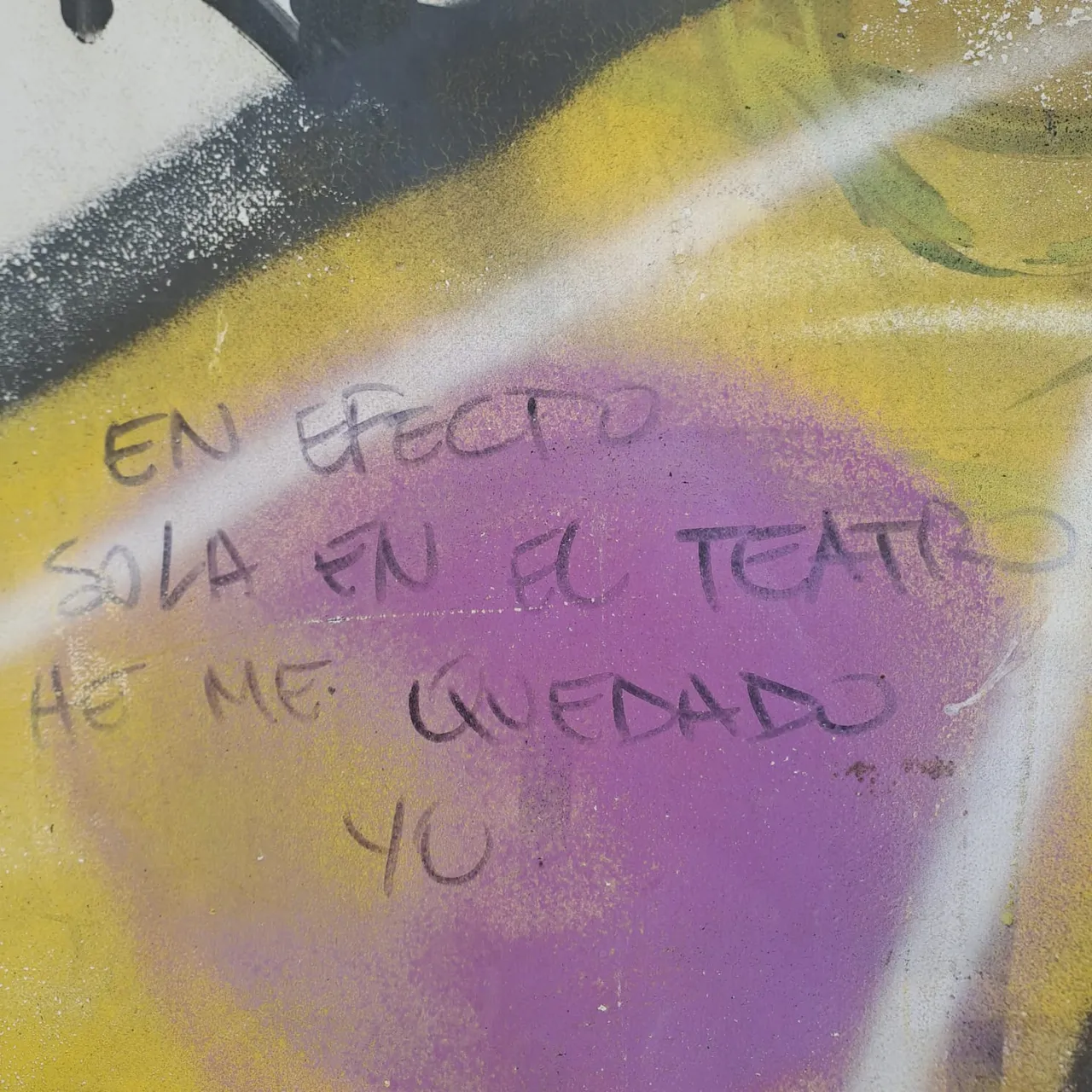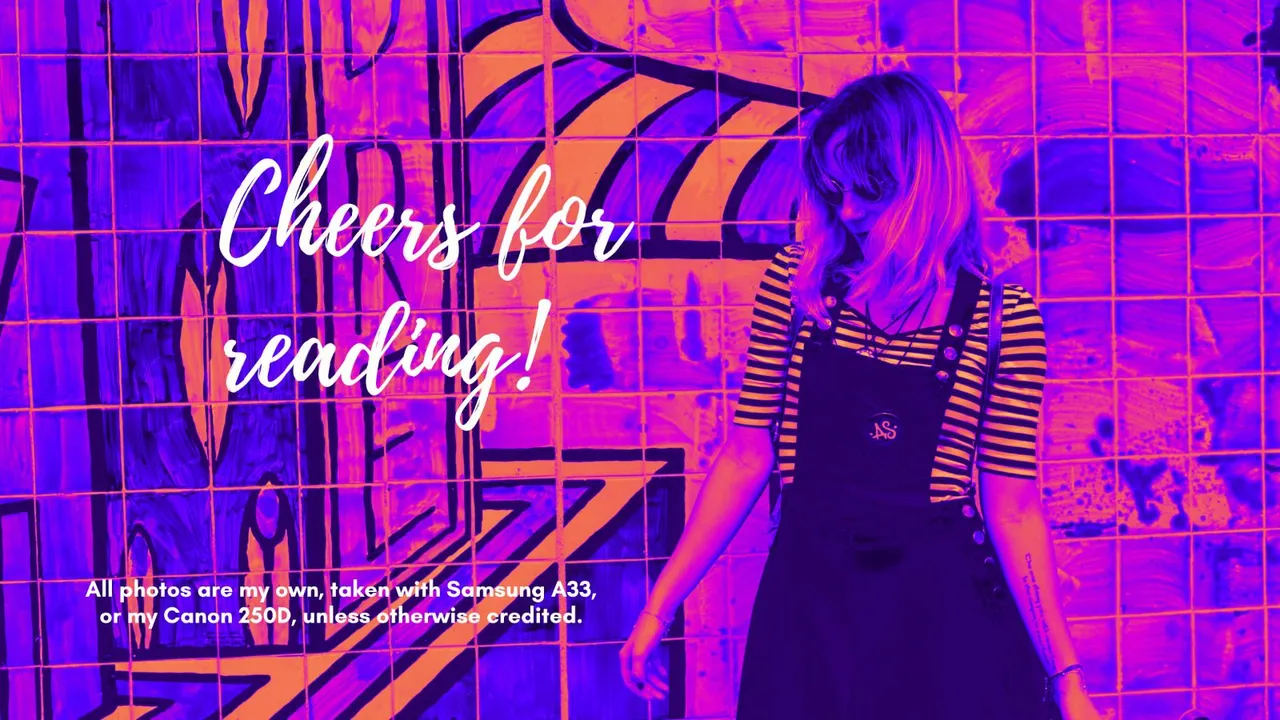And I think in this epoch of trigger warnings and censorship, we're really in danger of missing out, of crippling our art so unforgivably, future generations may come and haunt us.
I was listening just now to this wonderful interview with Andrew Scott, and he touched on something I'd been thinking about a while - the inherent dangerousness that makes good theatre. It reminded me of an interview with a Romanian actor I like, him describing a show that really touched him as a young man, and how he had to walk around the streets for hours after, just thinking and feeling it, like good theatre is supposed to leave you. A little wrecked.
Except, it can't do that if you start censoring it, and I don't just worry about the censors and the publishing houses. I'm thinking about ourselves, the theatre-goers, the art-consumers. We've created this idea that if something is uncomfortable to us, that if it "triggers" us, we have the right to walk away, to just screech and say 'I don't wanna see that' and coddle ourselves any and every potentially upsetting experience. Except if you do that, how do you ever grow?
I'm deeply suspicious of people quick to say they're uncomfortable or triggered. If they do it often enough, you'll know. They've stopped growing, stopped pushing themselves a little further. It's of course important to know your own boundaries on a personal level. But sometimes, it's worth pushing when a show or a song or a story "triggers" you or upsets you, worth pushing a little further...and maybe finding out why.
It seems reasonable to me that you click on or go to something you didn't want to see, you think well lesson learned, guess I won't be doing that again. You don't go about lambasting it as "triggering" and "offensive".
I try to look at this from both sides of the argument, and find it's in ways harder to create dangerous material than it is to consume it. This world of intense public scrutiny has art in a chokehold, with creators risking losing their bread and their neck, so to speak, if they happen to trigger the wrong people. There's a lot of pings that go inside your mind when you're creating that say "is this safe", and it's a real challenge sometimes to override them. Even more so, to recognize the 'no', and go on making your art anyway.

Naturally, I've seen it from the consumer's POV, also. There's a play by Neil LaBute that I love, called Latter-day Plays. Basically, it's three stories of members of the church who, despite being seemingly good people, end up doing terrible things. It's a reference to his own time with the Church, and it was presumably a dangerous act on his part, writing it, as he was still part of the church at the time (he was afterward reprimanded and eventually left, but still). Clearly, this man felt it was reasonable and necessary to go against the grain of something substantial in his life, in order to call out the dishonesty he perceived. It must've been dangerous, for sure, but does that mean he shouldn't have said it? I don't think so, since it probably felt true to him on a personal level at the time, for one thing, and for another, because it's good art.
It's worth looking at the horrible, terrible, uncomfortable parts of our reality especially if it helps us create something that helps and heals others.
When I went to see it about a year ago now, I couldn't move afterwards. I'd been talking to this guy next to me before it started, then as it ended, he turned to comment something. I barely heard him, barely mumbled something. It's not often that I don't trust my feet to carry me, but that was one such time.
I felt so in danger. So triggered. So raw. It's probably why I couldn't answer that man, that play had eviscerated several layers of human saneness and reached parts of me that I struggled at the time to keep buried. I went in with no clue at all what it was about, I just liked the title - "A gaggle of saints", which is the title of the middle play. I wonder, if I'd read up on it beforehand, knowing it would upset me, would I have gone?
There's a tendency not to. We think that's protection, except it's not, not really. As long as you ignore something, or worse erect in its honor some sort of altar that you can play eternal martyr on, you'll never be truly safe. That's the perplexing bit, in this so-called attempt to keep ourselves out of danger, we foster it ad perpetuam. It's the things that hurt and make you uncomfortable that you need to look at, or they keep haunting you.
So maybe a better question for the artist to ask, rather than "is this safe", would be "is this true?". Much as we play at living in a free, brave world where no subject is too great, we're falling into lamentable patterns in art as in so much else. There's things that are safe dangerous, and things that are properly dangerous that we never really say.
Should you go see it if it offends you? I think first, you should figure out why it offends you. There's things I won't see, things I consider gratuitous and uninspiring. Things that are used just for shock value, with little artistry in the mix. That happens. But if there's something there, in you, if you see this show or this play or this article is about so-and-so thing that maybe happened to you and you go no way, well then maybe that's when you should look. Only you can know, but at the end of the day, I just don't think "that will make me uncomfortable" is a good enough reason.
Should the people in charge of staging art steer clear from being dangerous? No, and if they do, they should probably be shot. Only with a prop gun, but hopefully they get the message.
It's a stupid, puerile, nanny-state argument that lies at the base of artistic censorship. Because, see, the purpose of art is to be true, and reality as we all well know offers no guarantees of safety. The very act of living implies a good deal of being in constant danger. How could you ever make something real, but make it safe at the same time? It just doesn't work.
